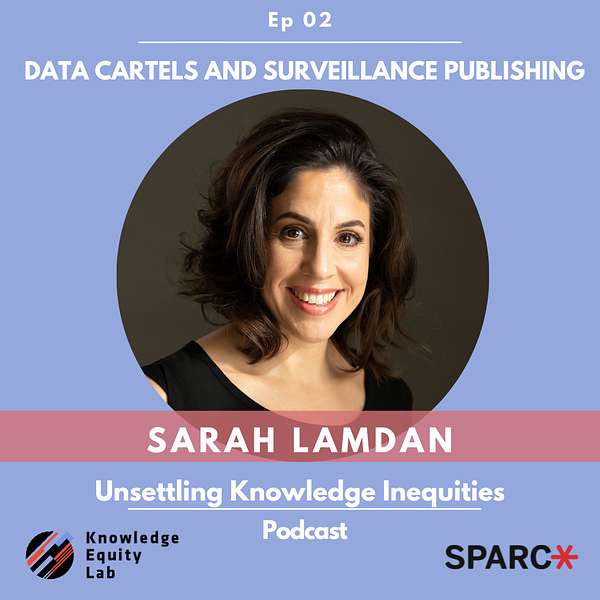
Unsettling Knowledge Inequities
Unsettling Knowledge Inequities
Data Cartels & Surveillance Publishing
Use Left/Right to seek, Home/End to jump to start or end. Hold shift to jump forward or backward.
Over the last years, as the process of conducting research and scholarship has moved more and more online, it has become clear that user surveillance and data extraction has crept into academic infrastructure in multiple ways.
For those committed to preserving academic freedom and knowledge equity, it's important to interrogate the practices and structures of the companies that are collecting and selling this data, and the impacts of this business model on academic infrastructure - and particularly on already marginalized and underfunded scholars and students.
To help us understand this landscape and its implications, today we are in conversation with Sarah Lamdan, author of the forthcoming book Data Cartels: The Companies That Control and Monopolize Our Information.